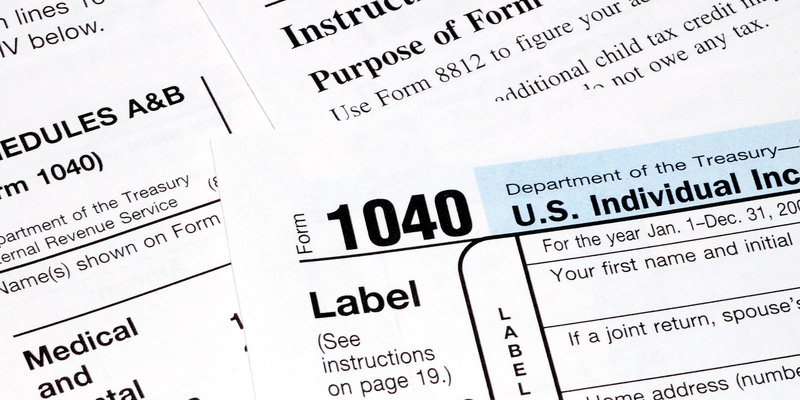With the COVID-19 delayed date for filing your federal taxes approaching in a week, it would be a good time to remind those who are divorced about the changes in the tax code as a result of the Tax Cuts and Jobs Act, and how those changes can affect your bottom line.
First, if you were divorced after December 31, 2018, and you have been ordered to pay spousal support you have some significant changes. Prior to the new law, the spouse paying support could deduct the amount(s) paid to reduce pretax income, and the spouse receiving support had to list the amount(s) received as income. After the new law, the spouse paying support can no longer deduct those payments and the spouse receiving support does not list those payments as taxable income.
Second, if a spouse transfers money from an IRA to the other spouse to pay spousal support, the paying spouse will not be taxed upon withdrawal, but the receiving spouse will pay tax on the money received. For spouses who wanted to essentially have spousal support work as monthly IRA transfers, the changes eliminate double taxation but also deprive the receiving spouse of the ability to not claim the money received as income.
Third, spouses can no longer deduct legal fees or expenses related to divorce.
Fourth, the new law eliminated dependency exemptions for children in favor of a larger head of household deduction. But the child tax credit may be an option, as well as the dependent credit for children over 17. The Child Tax Credit helps parents or guardians of children. Those who qualify earn up to $2,000 for each dependent under age 17. The total credit reduces your taxable federal income. For example, if you earn $50,000 and have three children under age 17, you would have a taxable federal income of $44,000. Individuals who have been recently divorced should be aware that to qualify for the Child Tax Credit a dependent must have lived with the taxpayer parent for more than half of the tax year.
Fifth, an interesting new feature is refundability. For those taxpayers who owe no tax (meaning a tax bill of zero), the taxpayer can receive $1,400 as a refund for every eligible dependent.
Sixth, another interesting new feature is for non-child dependents: a taxpayer may receive a $500 non-refundable credit for each adult dependent.
Lastly, if you have aging parents or other disabled relatives who live with you, you can claim them through the Child and Dependent Care Tax Credit. The Credit applies to children 12 or younger and dependent adults unable to care for themselves due to mental or physical impairments and earn a gross income of less than $4,150. The credit allows you to claim up to 35% of qualified care expenses, with a maximum expense deduction of $3,000 for one dependent and $6,000 for more than one dependent, so the largest possible tax credit is $1,050 for one and $2,100 for multiple dependents.
If you have questions about divorce and taxes, contact us – we can help.
